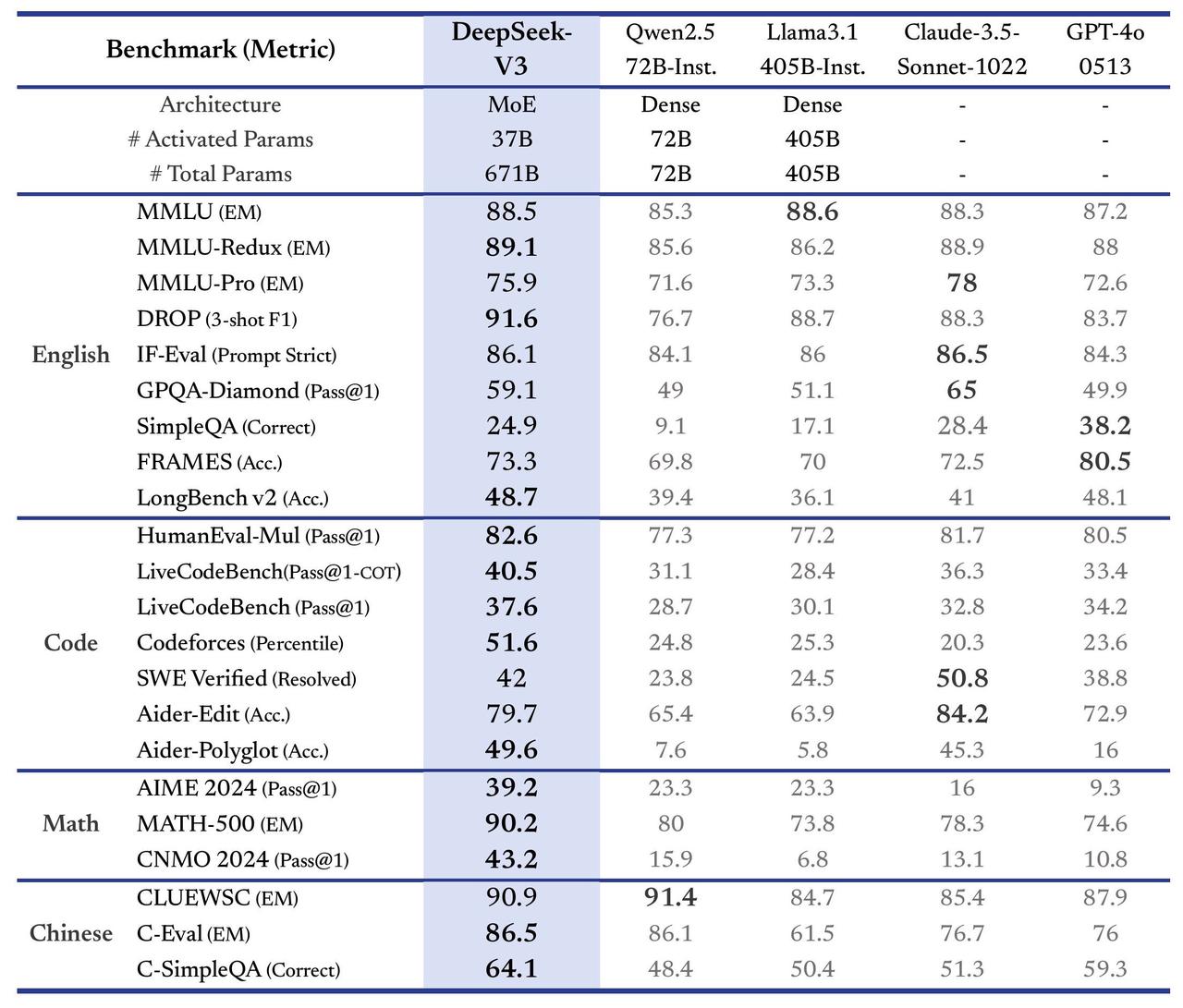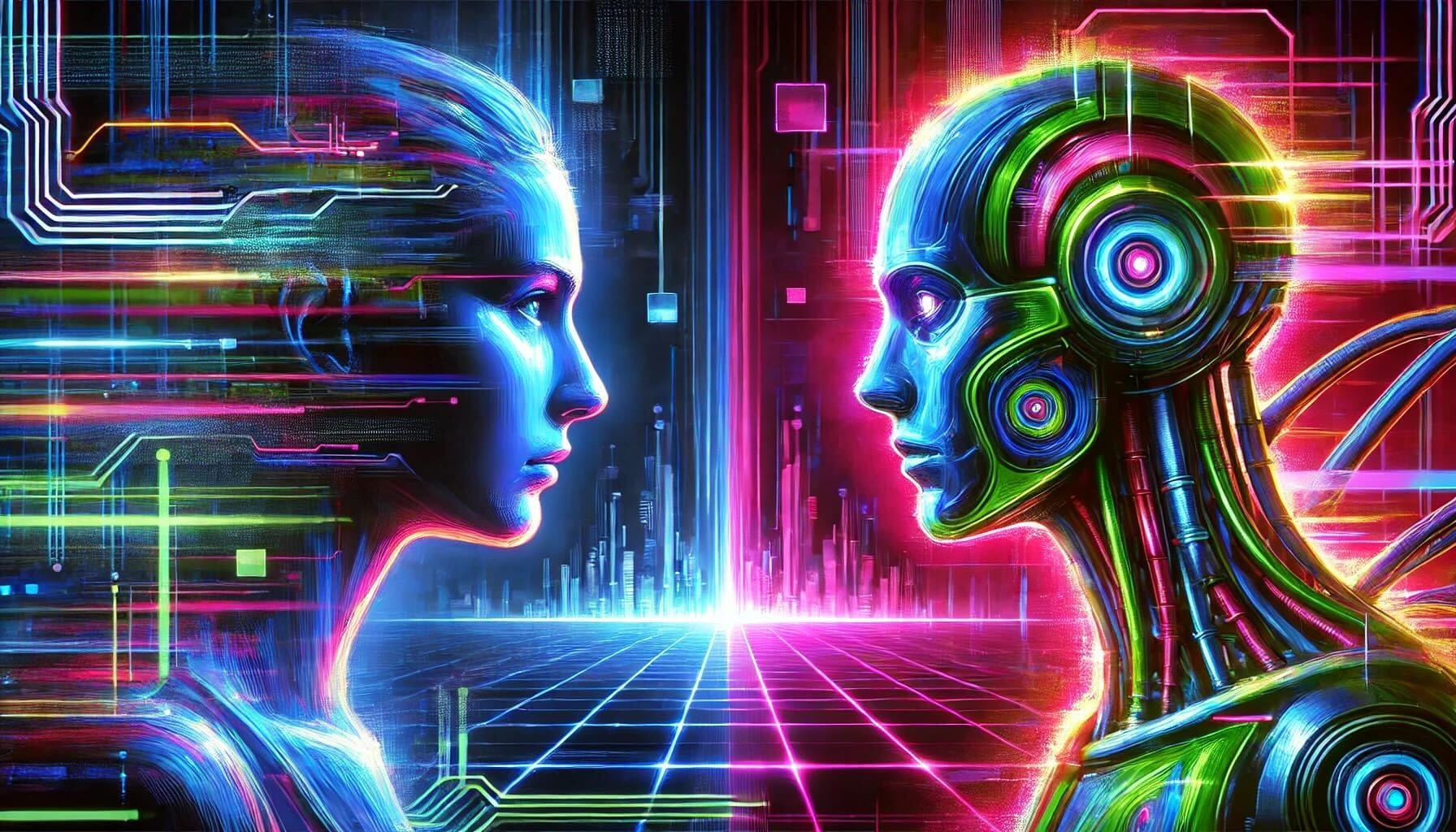Lower-cost AI tools could improve jobs by providing more employees access to the innovation.
- Companies like DeepSeek are establishing low-priced AI that might assist some employees get more done.
- There might still be dangers to employees if companies turn to bots for easy-to-automate jobs.
Cut-rate AI may be shaking up industry giants, but it's not likely to take your task - at least not yet.

Lower-cost approaches to establishing and training artificial intelligence tools, from upstarts like China's DeepSeek to heavyweights like OpenAI, will likely enable more people to lock onto AI's performance superpowers, industry observers informed Business Insider.

For lots of workers stressed that robotics will take their jobs, that's a welcome development. One frightening possibility has actually been that discount AI would make it easier for employers to switch in low-cost bots for expensive human beings.

Obviously, that might still happen. Eventually, the innovation will likely muscle aside some entry-level workers or those whose functions largely include repeated tasks that are simple to automate.
Even higher up the food cycle, staff aren't necessarily totally free from AI's reach. Salesforce CEO Marc Benioff said this month the company may not employ any software engineers in 2025 since the company is having so much luck with AI representatives.
Yet, broadly, for numerous employees, lower-cost AI is most likely to broaden who can access it.
As it becomes less expensive, it's easier to integrate AI so that it ends up being "a sidekick rather of a danger," Sarah Wittman, an assistant professor of management at George Mason University's Costello College of Business, informed BI.
When AI's rate falls, she stated, "there is more of a prevalent acceptance of, 'Oh, this is the way we can work.'" That's a departure from the state of mind of AI being a pricey add-on that companies might have a tough time justifying.
AI for all
Cheaper AI could benefit employees in areas of a business that frequently aren't viewed as direct profits generators, Arturo Devesa, primary AI architect at the analytics and information business EXL, informed BI.
"You were not going to get a copilot, maybe in marketing and HR, and now you do," he stated.
Devesa said the course revealed by business like DeepSeek in slashing the expense of establishing and implementing big language designs changes the calculus for companies deciding where AI may pay off.
That's because, for many big companies, wiki.vst.hs-furtwangen.de such determinations consider cost, accuracy, and speed. Now, with some costs falling, the possibilities of where AI might appear in a workplace will mushroom, Devesa stated.
It echoes the axiom that's unexpectedly all over in Silicon Valley: "As AI gets more effective and accessible, we will see its use skyrocket, turning it into a product we just can't get enough of," Microsoft CEO Satya Nadella composed on X on Monday about the so-called Jevons paradox.
Devesa stated that more productive workers will not necessarily reduce demand for individuals if companies can establish brand-new markets and brand-new sources of income.
Related stories

AI as a commodity
John Bates, CEO of software application business SER Group, informed BI that AI is ending up being a product much quicker than expected.
That means that for jobs where desk workers may need a backup or someone to double-check their work, inexpensive AI might be able to action in.
"It's fantastic as the junior knowledge employee, the important things that scales a human," he stated.
Bates, oke.zone a former computer technology professor at Cambridge University, stated that even if an employer already prepared to use AI, the decreased costs would increase roi.
He also stated that lower-priced AI could offer little and medium-sized companies simpler access to the technology.
"It's simply going to open things up to more folks," Bates stated.
Employers still require humans
Even with lower-cost AI, people will still have a place, said Yakov Filippenko, CEO and creator of Intch, which assists professionals find part-time work.

He said that as tech companies complete on rate and drive down the cost of AI, numerous employers still will not be excited to remove employees from every loop.
For instance, Filippenko stated companies will continue to require developers because someone needs to verify that new code does what an employer desires. He stated companies work with recruiters not just to finish manual labor; managers also want a recruiter's opinion on a prospect.
"They spend for trust," Filippenko stated, referring to employers.
Mike Conover, CEO and founder of Brightwave, a research platform that uses AI, informed BI that a great portion of what individuals do in desk jobs, in particular, consists of tasks that could be automated.
He said AI that's more commonly offered since of falling expenses will enable people' imaginative capabilities to be "maximized by orders of magnitude in terms of the elegance of the issues we can solve."
Conover believes that as prices fall, AI intelligence will also infect even more areas. He said it's comparable to how, years back, the only motor in a cars and truck might have been under the hood. Later, as electric motors diminished, they revealed up in places like rear-view mirrors.

"And now it's in your tooth brush," Conover said.
Similarly, Conover said universal AI will let specialists develop systems that they can tailor to the needs of jobs and workflows. That will let AI bots deal with much of the grunt work and allow employees going to explore AI to handle more impactful work and maybe shift what they have the ability to concentrate on.








